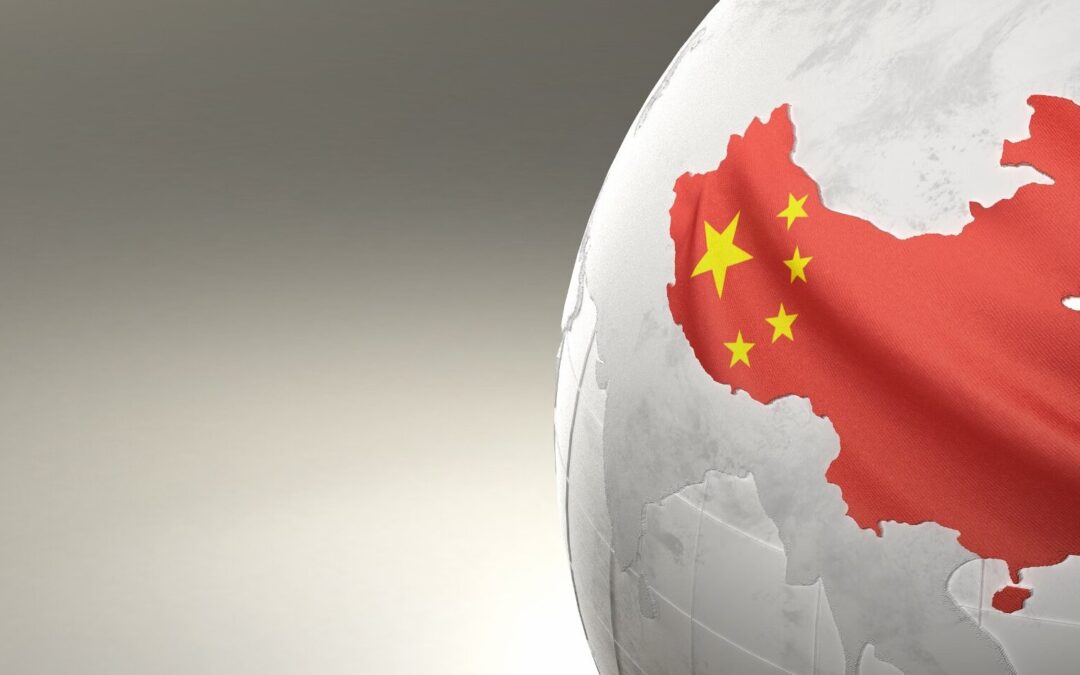Capital wants to go where it’s needed but only stays when treated well.
China’s Troubles Are Bigger Than Its Stock Market
Chairman Xi faces more significant problems than just a declining stock market. Future prosperity, innovation, and China’s global position in advanced technologies are at stake. Bureaucratic regulation and central government money are not the answer, and an uncomfortable truth for communist bureaucrats is that a free market, access to venture capital and private equity, and vibrant public markets are essential for China’s success.
As Walter Wriston, former CEO of Citicorp, said, “Money goes where it’s needed but stays where it’s treated well.” Money is not treated well in China, and the bureaucratic and ideological dogma is breaking it.
The Market Is the Genius, Not the Bureaucrats
A handful of bureaucrats cannot run the economy successfully, especially when their ineptitude is magnified in stressful times. The fundamental problem is that China’s central government is trying to control the market. However, diminishing confidence in the Party’s ability to manage the economy is caused by Chairman Xi prioritizing politics over economics. That is never sustainable because markets demand confidence and a clear perspective about the future. The future of China’s economy is chaotic and blurred.
It is not the government’s job to get the market back up. The market responds to a positive future. The central government has mishandled the economy and undermined the prospects for technological innovation that can access global markets. Enormous prosperity is possible, but the government has to get out of the way. That may not happen.
Capital and Liquidity Produce Prosperity
China’s government initiated public markets in the 1990s because the authorities realized that liquidity was the key to economic growth and prosperity. That has not changed, although it seems to have been forgotten by today’s bureaucrats. Only liquid capital markets provide the growth engine for any economy. There is no substitute. Initially, this met resistance and a bureaucratic quagmire, but the authorities and the Chinese central government ultimately realized there was no better alternative.
The Message Hasn’t Changed
The market is smarter than the collective brilliance of a handful of regulators or bureaucrats. Genius does not overcome free and liquid markets to determine the best companies, drive competitiveness and innovation, allocate capital effectively, and ultimately create value. It is also by far the most efficient engine for prosperity.
Beijing may be uncomfortable with this truth, but they are undoubtedly aware of it. It is simply that “the madness of markets” cannot be controlled by the Central government, and the market’s benefits cannot be attributed to its specific officials – and credit for prosperity is their agenda.
We know that the Communist Party exists because of a tacit agreement with the Chinese population, “if we take care of you, you can tolerate the restrictions we demand.” Life has improved to unprecedented levels that were unimaginable a few decades ago. Hundreds of millions of people have been lifted out of poverty, and most of the population is still fundamentally grateful to the Communist Party for being the driving force behind that.
This perspective is changing because the new generation realizes that global markets and private capital create opportunities and value for them. Most people point to the local Communist Party office and laugh that they were there because it seemed a requirement, but “we know they just don’t do anything.”
Market Discipline and Liquidity Generates Prosperity
Xi does not tolerate this attitude and is doing everything he can to make it appear that it is the Communist Party that is bringing stability and prosperity. The financial crisis in 2008/2009 and market volatility, especially in 2015, undermined the “market” assumption as the driving force behind prosperity, and Chairman Xi took advantage of that.
Unfortunately, one cannot escape the market despite the hope to eliminate volatility and steer capital to a specific set of “values” (It’s market interference and inefficiency by another name).
A volatile market is still best at attributing value and allocating capital over time. China’s entrepreneurs have brilliance, incomparable fortitude, and a strong work ethic, but without capital and liquidity for that capital, the ship will run aground.
Permanent capital is essential for the growth of an economy, innovation, and prosperity. Liquidity is essential for that capital.

